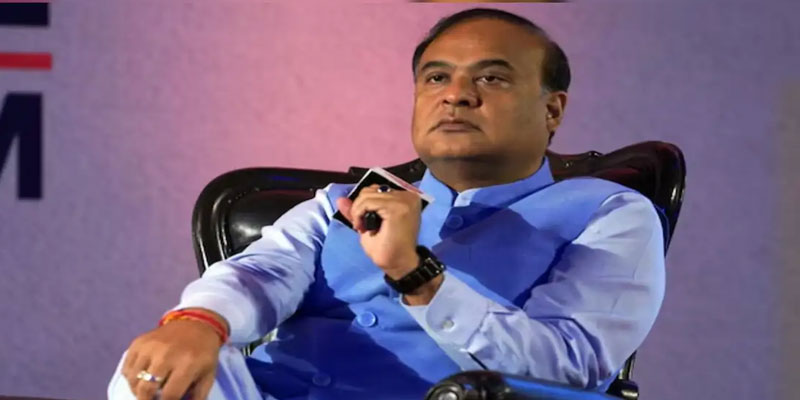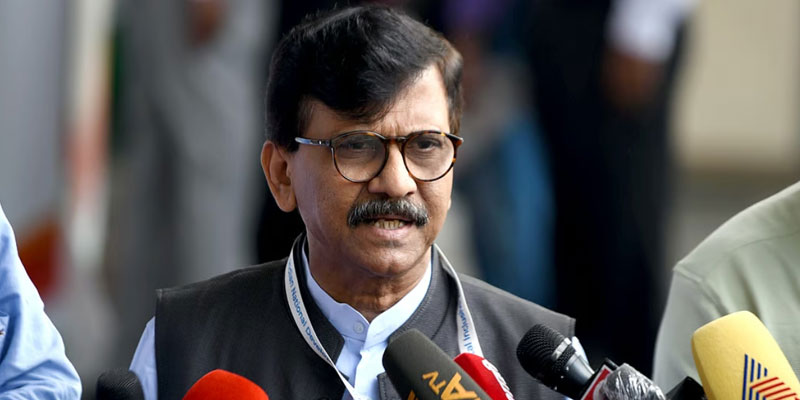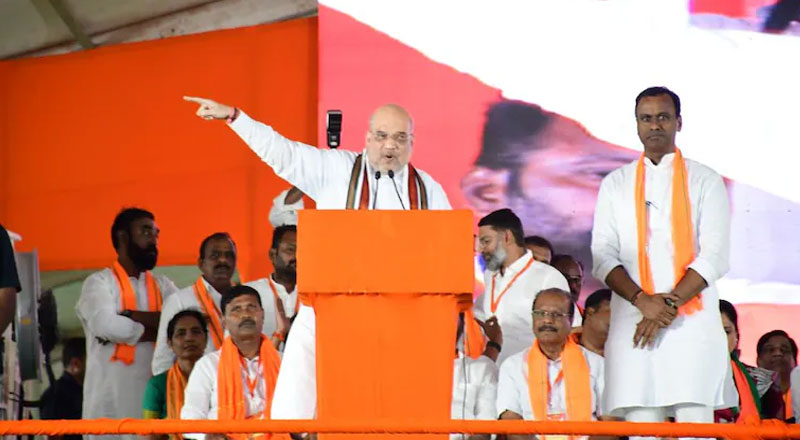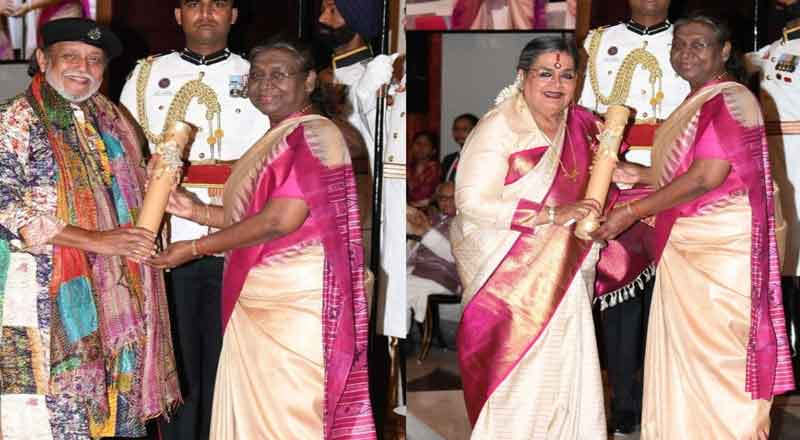Current News
Politics
Court to Rahul Gandhi: Free Speech Doesn...
Rahul Gandhi Faced Allahabad High Court Heat Over Remarks on Indian Soldiers Congress leader Rahul Gandhi faced a legal setback on Wednesday when t...
Sports
Racism Mars Gukesh’s Landmark Win Over C...
A Historic Victory Overshadowed The organisers of Norway Chess 2025 on Tuesday issued a strong condemnation of racist remarks made against Ind...
View More News
Copyright © All rights reserved. The images belongs to the respective copyright holders.

















































